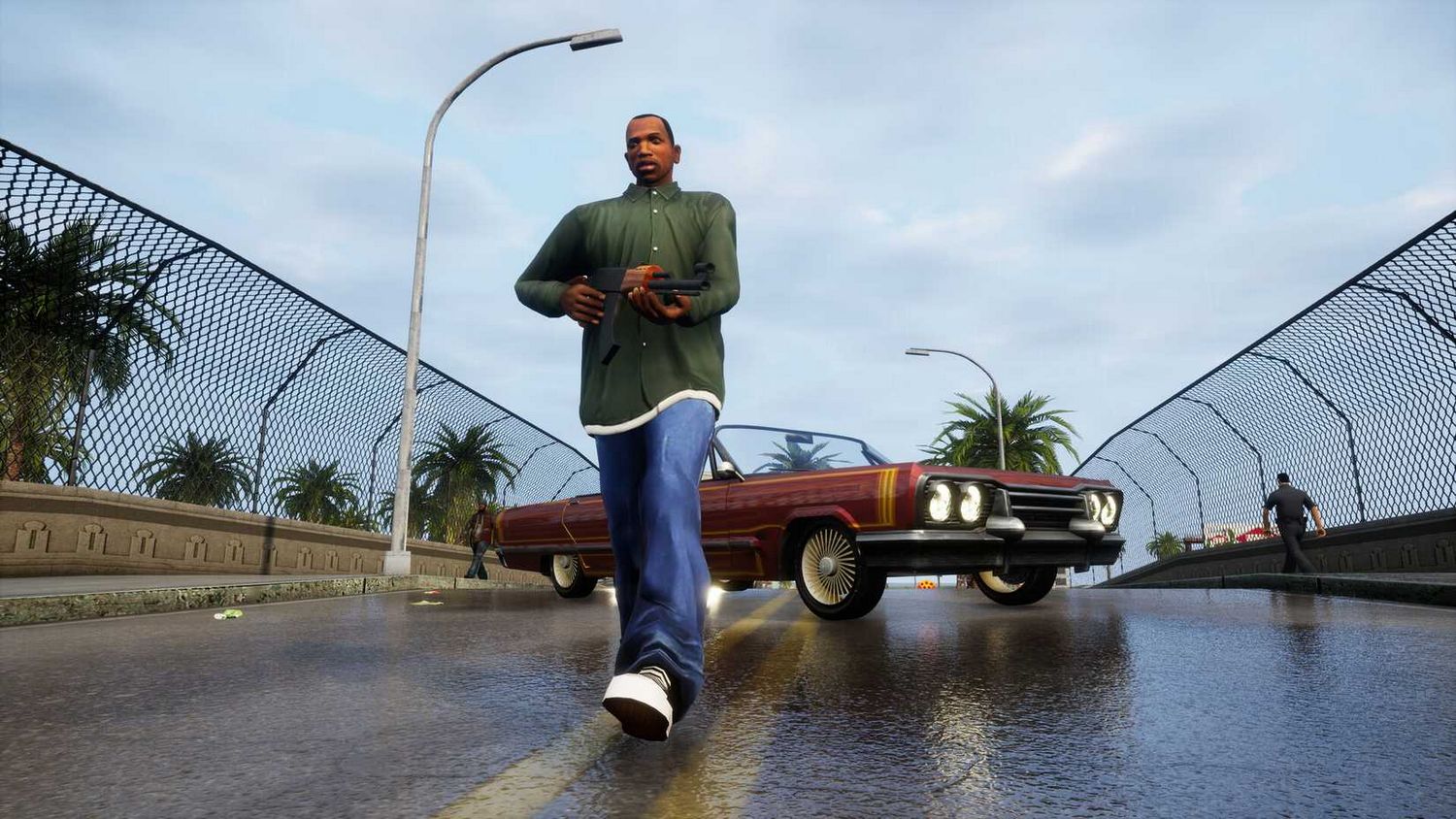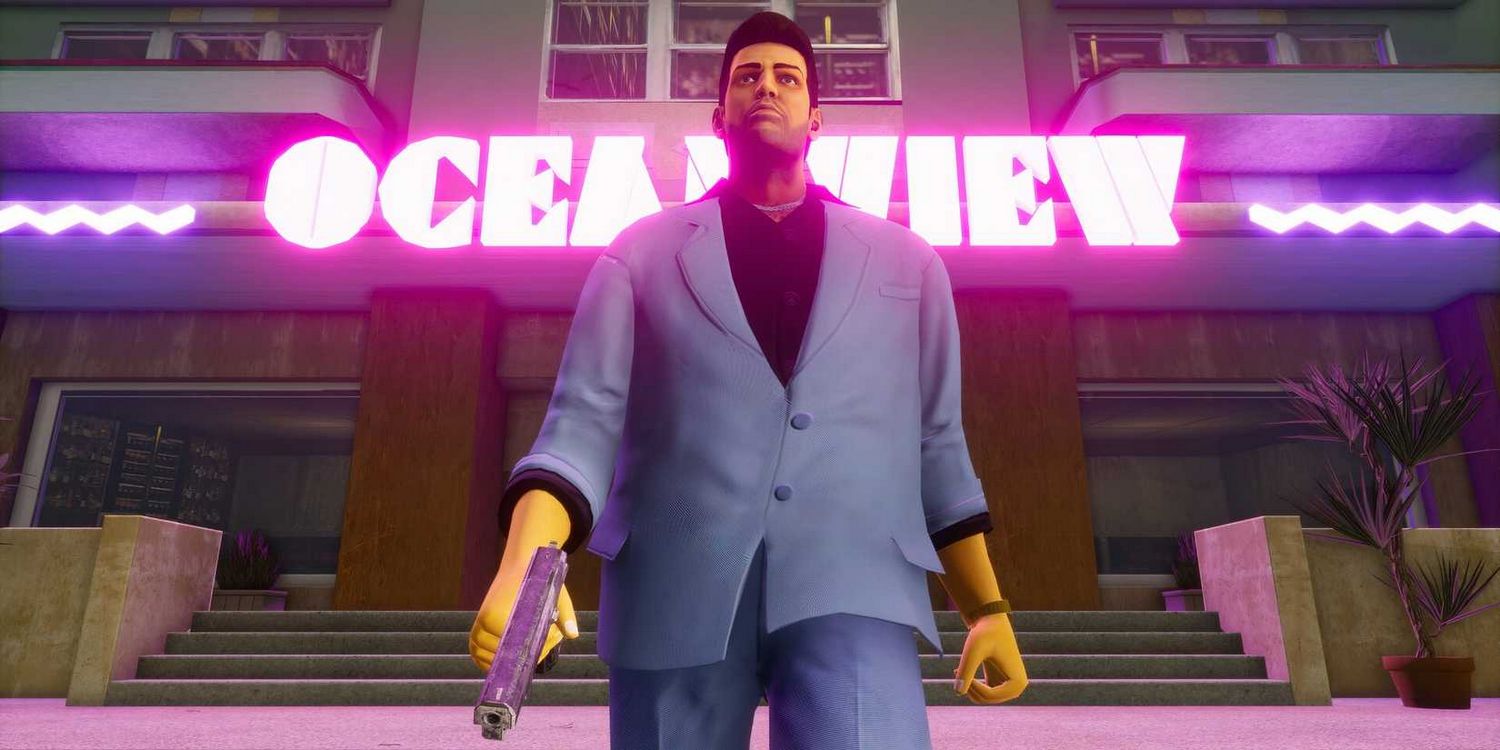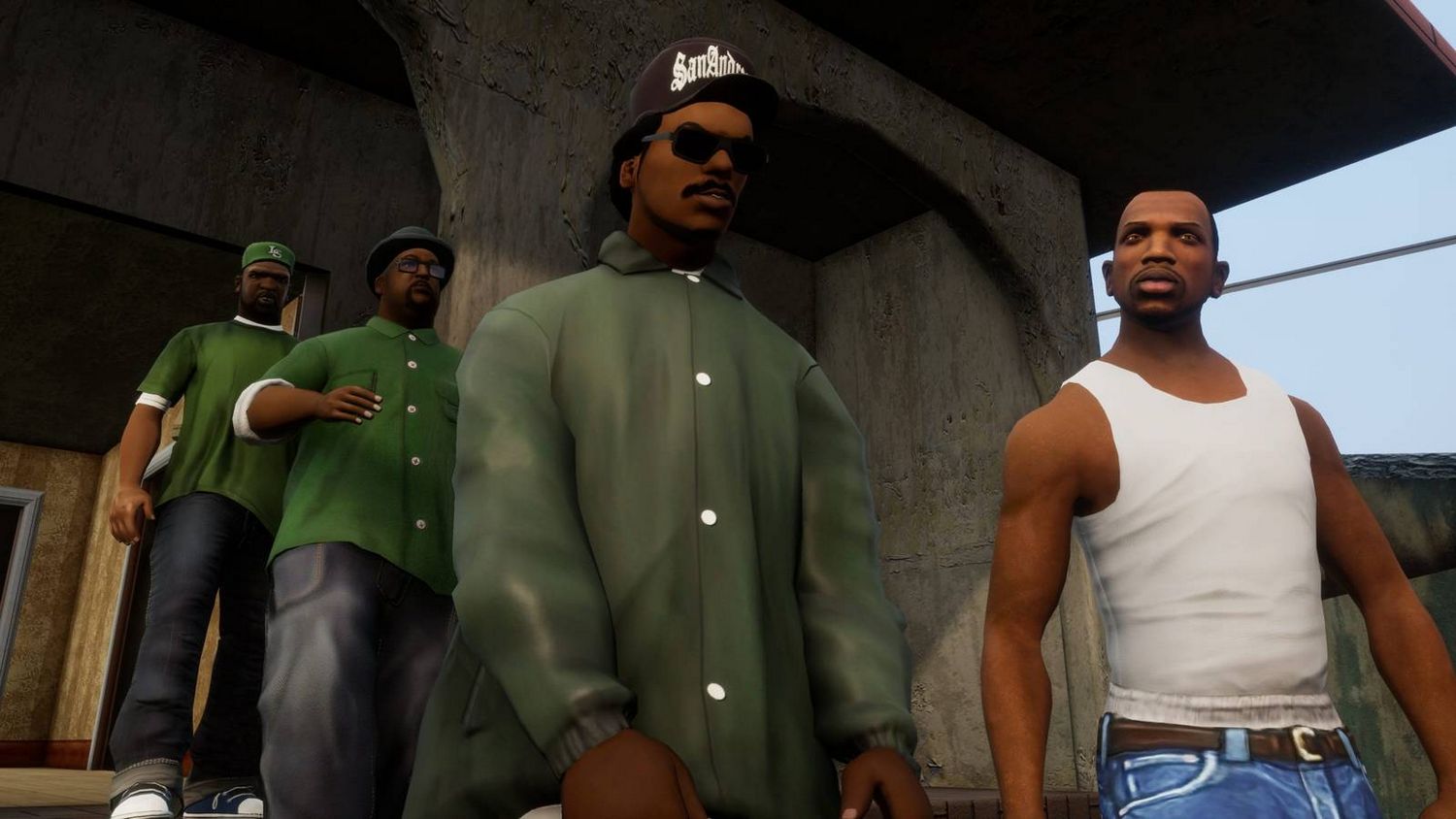University of Tennessee Announces College Course on Grand Theft Auto and American History
Popular Now
 Geometry Dash
Geometry Dash
 CarX Street
CarX Street
 Among Us
Among Us
 Rust
Rust
 Poppy Playtime
Poppy Playtime
 Brawl Stars
Brawl Stars
 Stumble Guys
Stumble Guys
 League of Legends
League of Legends
 Candy Crush Saga
Candy Crush Saga
 Schedule I
Schedule I 
In a move that highlights the growing academic acceptance of video games as a medium for serious study, the University of Tennessee has announced a new college course that will use the Grand Theft Auto series as its central text. The course, titled “Grand Theft America: U.S. History Since 1980 through the GTA Video Games,” is set to begin in January 2026. This groundbreaking class, taught by history professor Tore Olsson, will use the world of GTA to explore the real-world social, political, and cultural transformations that have shaped the United States over the last four decades. The announcement has generated immense buzz across the gaming community and academic circles, proving that video games have moved from the margins to the mainstream of popular culture.
Professor Olsson, who is known for his previous, critically acclaimed course on American history through the lens of Red Dead Redemption, sees the GTA franchise as a perfect, albeit satirical, mirror of modern America. He told media outlets that the course is “much more about American history than the games themselves,” with the games serving as a framework to structure discussions. The syllabus will use the series’ various fictional cities—Liberty City, Vice City, and Los Santos—to examine key historical events and themes, including the deregulation of the 1980s, the Los Angeles riots of 1992, the media’s role in creating moral panics, immigration, Wall Street greed, and the War on Drugs. This approach is a testament to the depth of Rockstar Games’ world-building and its sharp social commentary.
 Inside the Grand Theft America Curriculum
Inside the Grand Theft America Curriculum
The course, which is a fully accredited history module, will not require students to own or play the Grand Theft Auto games. Instead, the curriculum will rely on curated gameplay clips, academic readings, and lectures to provide the necessary context. This is a deliberate choice by Professor Olsson to ensure the class is accessible to all students, regardless of whether they own a gaming console or PC. This approach also reinforces the academic nature of the class, as it is a serious exploration of history, not a fan-driven discussion about game lore.
The syllabus will reportedly break down the different eras depicted in the games and connect them to real-world events. For instance, the course will use Grand Theft Auto: San Andreas‘s Los Santos to examine the origins and meaning of the 1992 Los Angeles riots. The course will also analyze the games’ satirical in-game radio stations, news broadcasts, and corporations to understand how pop culture can both reflect and shape public perception. The course is a brilliant example of how modern digital media can be a powerful tool for academic study, providing a unique and engaging way to teach history to a new generation of students. The course’s use of highly recognizable high-CPC keywords like “GTA 6,” “Vice City,” and “Los Santos” is a shrewd move that ensures its relevance and visibility in the digital age.
 The Future of Gaming in Academia
The Future of Gaming in Academia
The announcement of this class is a significant milestone for the video game industry. For years, games have been a subject of study in game design and computer science programs, but their use as a primary source for humanities and social science courses is a relatively new and exciting development. This move by the University of Tennessee signals a broader shift in academia, where professors and scholars are beginning to recognize the cultural and historical significance of games. It follows the lead of other universities, like Wilfrid Laurier University in Canada, which has a course on “Critical Game Studies: Grand Theft Auto,” but is believed to be the first American history class of its kind. While the course was originally intended to include Grand Theft Auto 6, which was recently delayed, it will proceed as planned by focusing on previous entries. Professor Olsson has stated that he plans to update the course to include the new game once it is released.
This development comes at a time when the debate over the social impact of video games is more relevant than ever. By studying Grand Theft Auto in a formal academic setting, the course will not only teach American history but will also provide a serious platform to discuss the medium’s role as a form of social commentary, satire, and cultural reflection. For students, it’s a chance to engage with a familiar and beloved franchise in a completely new way, and for the academic world, it’s a step toward fully embracing the powerful and complex medium of video games.







 Inside the Grand Theft America Curriculum
Inside the Grand Theft America Curriculum The Future of Gaming in Academia
The Future of Gaming in Academia